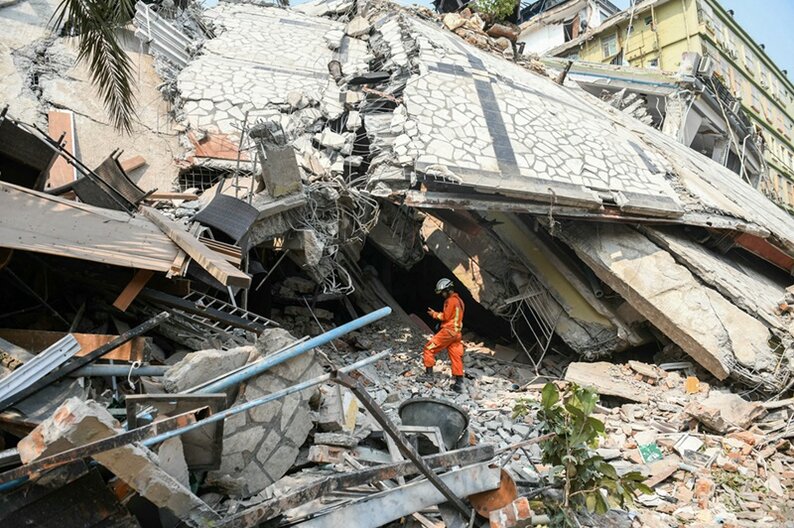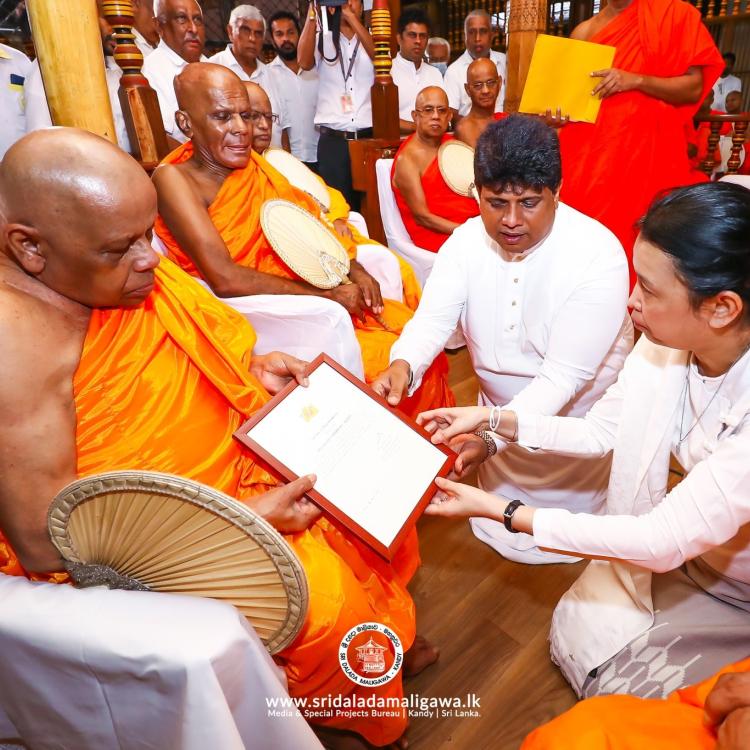
Myanmar’s military junta has announced a temporary nationwide ceasefire from 2 to 22 April, in the wake of a devastating 7.7 magnitude earthquake that struck the country last week.
The earthquake has so far claimed at least 2,886 lives, with hundreds still missing and entire communities left devastated. The United Nations estimates over 28 million people across six regions have been affected. The international body has since allocated $12 million in emergency funding for relief efforts, including food, shelter, water, sanitation, and mental health services.
The junta’s ceasefire declaration came several days after armed resistance groups across the country had already unilaterally paused hostilities to allow for humanitarian operations. The military had initially refused to reciprocate.
In a statement, Myanmar’s ruling State Administration Council warned that the ceasefire only applied so long as armed groups refrained from “attacking the state” or “regrouping,” threatening retaliatory measures otherwise.
On Tuesday night, Myanmar’s military opened fire on a Chinese Red Cross convoy delivering earthquake relief supplies in eastern Shan State. The convoy, escorted by the Ta’ang National Liberation Army (TNLA), was en route to Mandalay — one of the regions hardest hit by the quake — when it came under fire. Though no injuries were reported, the incident sparked condemnation from observers and raised concerns over the military’s approach to humanitarian efforts.
A military spokesperson admitted that shots were fired, claiming that the vehicles had not stopped when signalled. He insisted the shots were warning rounds fired into the air. “At about 100 metres away, we fired three shots in the air, after which the vehicles turned back towards Naungcho,” he said. The junta maintained that it had not been informed of the convoy’s movement in advance — a claim disputed by the TNLA, who stated they had alerted the military council.
China’s Ministry of Foreign Affairs confirmed the safety of its rescue team and aid supplies but expressed concern. Spokesperson Guo Jiakun stated that Beijing hoped “all factions and parties in Myanmar will prioritise earthquake relief efforts, ensuring the safety of rescue personnel and supplies.” He emphasised the importance of keeping humanitarian corridors open and secure.
Human Rights Watch (HRW) strongly criticised the junta’s handling of the crisis, urging that international assistance bypass state authorities altogether. “Myanmar’s junta cannot be trusted to respond to a disaster of this scale,” said Bryony Lau, deputy Asia director at HRW. “Concerned governments and international agencies need to press the junta to allow full and immediate access to survivors, wherever they are.”
The earthquake has further exposed the deep crisis engulfing Myanmar since the 2021 military coup. The country has remained mired in conflict, with the junta facing armed resistance from a growing number of ethnic armed groups and pro-democracy fighters.

